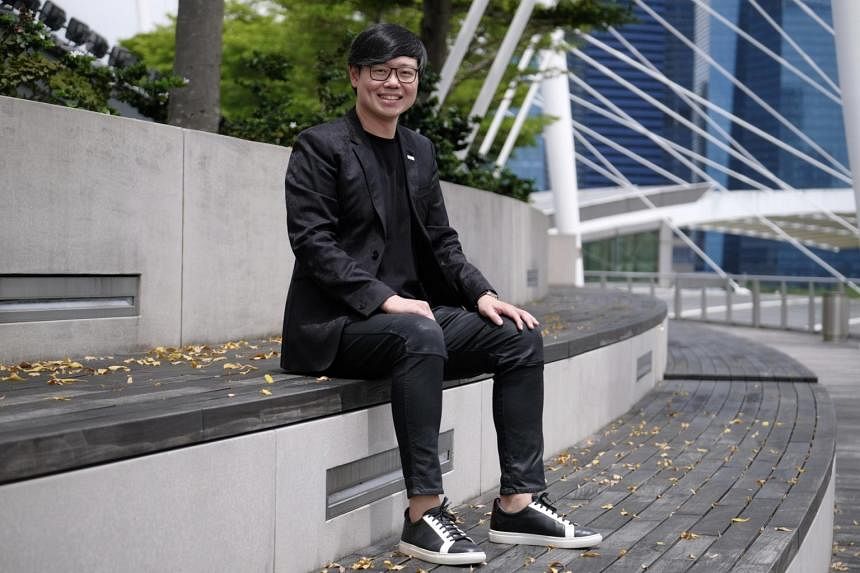SINGAPORE – Only seven in 100 architecture graduates said they will stay in the profession for the long haul, a survey conducted by the Singapore Institute of Architects (SIA) found.
While those in the industry have long been aware of the talent drain, the institute’s first vice-president Tiah Nan Chyuan, 45, said its survey of 536 young architecture graduates helped put a number to the situation.
The majority of those surveyed were recent graduates, and SIA’s newly elected president Melvin Tan said such surveys are not conducted often.
Mr Tiah said about 100 candidates take the professional practice examinations yearly. The findings effectively mean that out of these, only fewer than 10 see themselves staying in the profession in the long term.
Those who want to quit cited low wages and long hours, a lack of work-life balance as well as high stress and a poor work culture as reasons.
Addressing the talent drain that the architecture industry is facing will be top of mind for Mr Tan, who is leading the SIA’s 62nd council in the coming year.
To support younger architects and help smoothen their transition from school to work, Mr Tan said the institute has expanded a mentorship programme to include young graduates entering the industry.
Previously available only to architecture students in institutes of higher learning, the programme now also connects fresh graduates to experienced architects who will bring them up to speed with industry practices.
Mr Tan, 47, hopes the programme will help young graduates navigate the real world, which can be overwhelming for newbies who need to be well-versed in building codes and requirements.
Mr Tiah said anecdotal evidence indicates that about 10 per cent of architecture graduates stay in the profession, but what is concerning is how soon they are quitting the industry.
He said architects used to stay for about 10 to 15 years before leaving, but it is now common for those with less than five years’ experience to quit.
“The impact on the industry is that there’s a huge capability gap, and this will affect the ability of the firms to transform, digitise,” added Mr Tiah.
